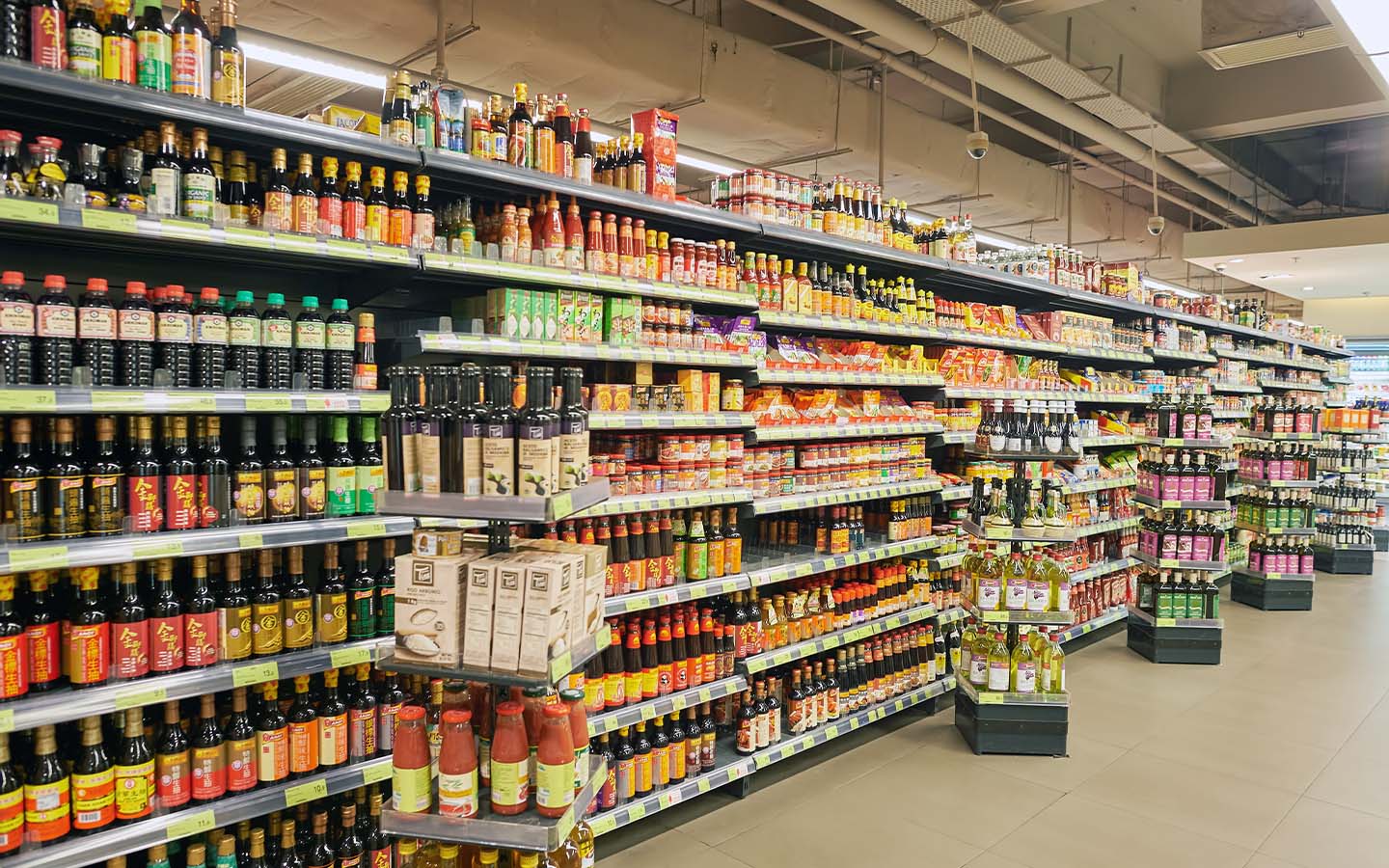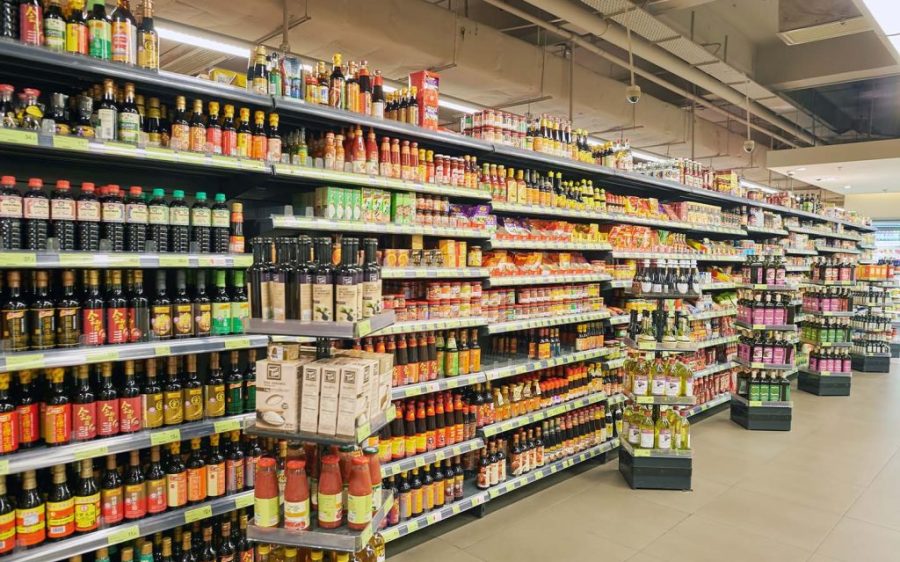Macao’s supermarket sector is currently facing challenges of unprecedented proportions, with the chairman of the Supermarket and Livelihood Food Association of Macau, Wong Man Wai, noting that there are various factors behind the downturn.
In an interview with Macao Daily News, Wong pointed out that the changing consumption patterns of residents was one of the reasons. He explained that in the post-pandemic period, locals were more inclined to focus on getting the best bang for their buck, redirecting their purchases to mainland China where goods are cheaper and shopping has become more convenient than ever before.
“In the past, people [in Macao] would always prefer foreign goods, but now they think mainland products have more variety,” Wong said.
He added that many Macao supermarkets were no longer willing to import large quantities of foreign products due to the high costs involved and the difficulties in selling them. As a result, the proportion of mainland goods in Macao supermarkets has grown – but residents have realised that they can buy the same brands on the mainland for a lower price.
Another contributor to the current crisis is the ramping up of the reshuffle that the supermarket industry is currently undergoing, which has seen large supermarkets shut down due to the high operating costs.
To make matters worse, some of the major supermarkets in Macao have also been left out of the SAR government’s initiatives to boost local consumption, a move that has greatly impacted the sector, Wong says.
[See more: Macao’s government revises the 2025 budget amid a gambling revenue dip]
Wong said that without the support of the consumption drive, the operating environment has become more difficult for supermarkets, which have seen their sales drop by as much as 30 percent, especially in non-tourist areas such as the Northern District.
The downturn in the local supermarket sector has had a knock-on effect on small and medium-sized suppliers whose orders have dwindled, putting them at risk of closure.
While traditional supermarkets have attempted to expand their presence through online delivery platforms, Wong points out that the platforms’ delivery fees and high commissions, coupled with the offline purchases made by consumers, means that they have not been of much help.
Looking to the future, the association head expected this year to remain a “difficult adjustment period” for the industry, adding that he believed local supermarkets would continue to shut down this year.
Wong pointed out that with the rental prices dropping, local supermarkets will still have “an opportunity,” so long as they can earn support from local consumers. But in the long run, the industry insider believes that the sector will still need to undergo a major overhaul to differentiate itself from its competitors.






